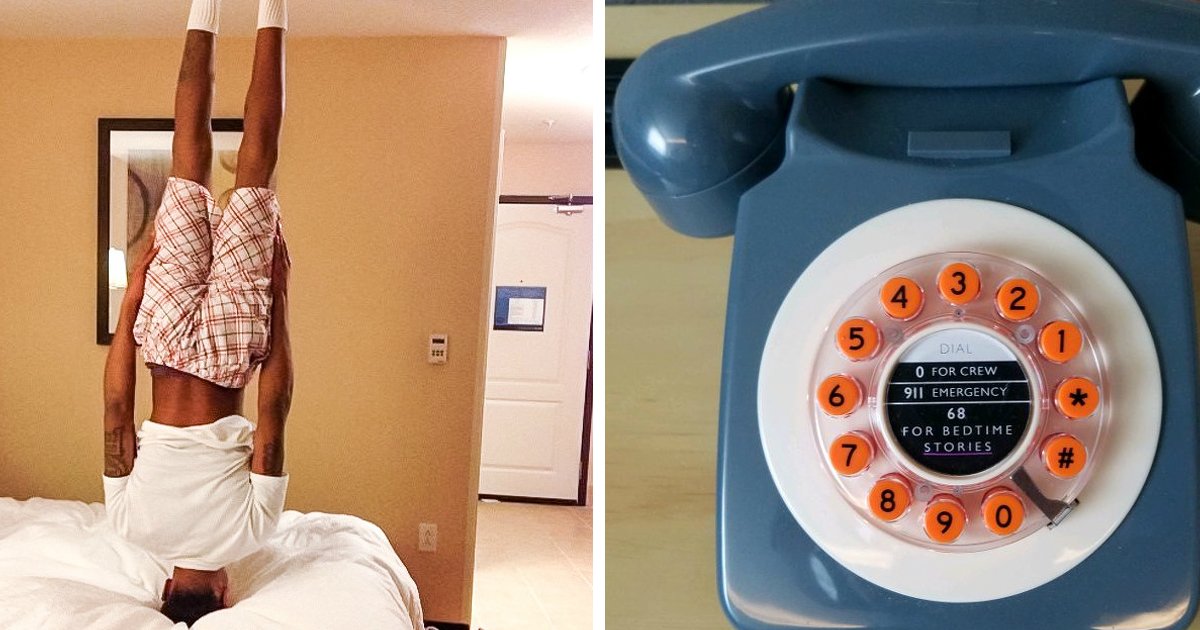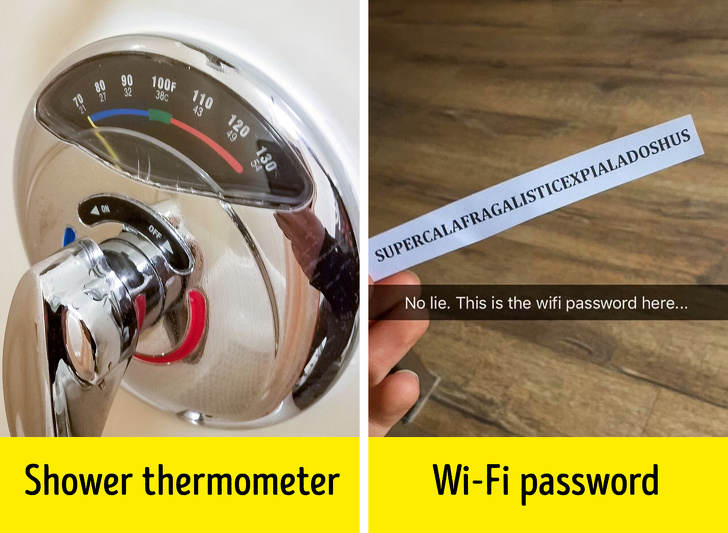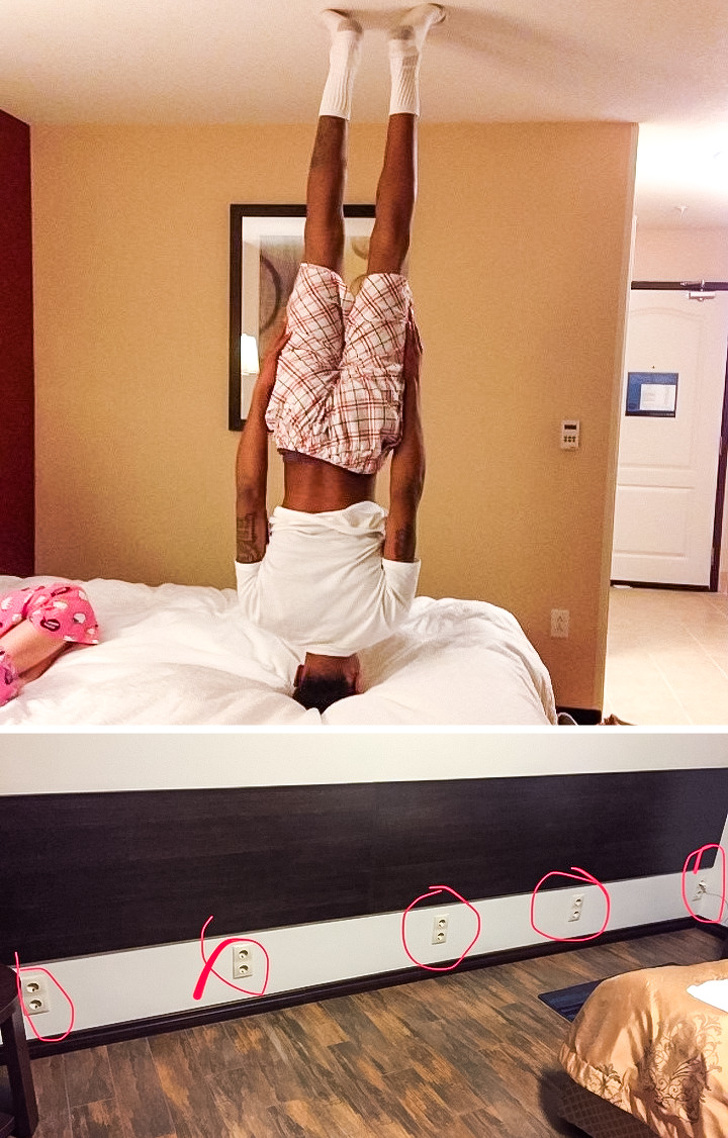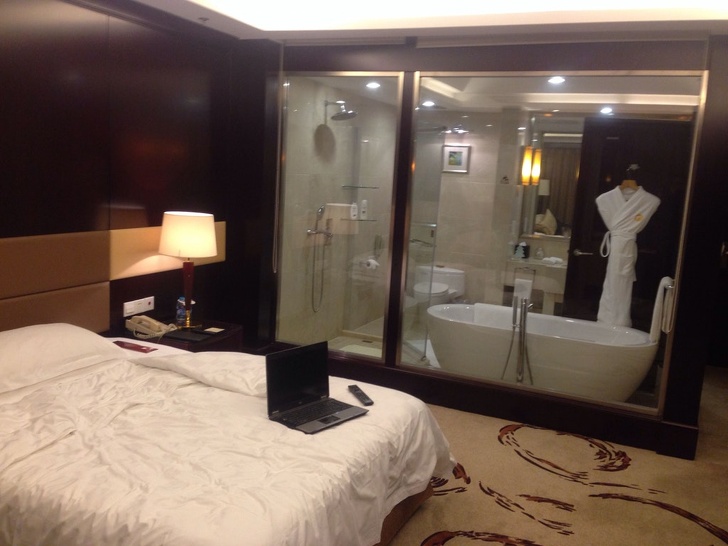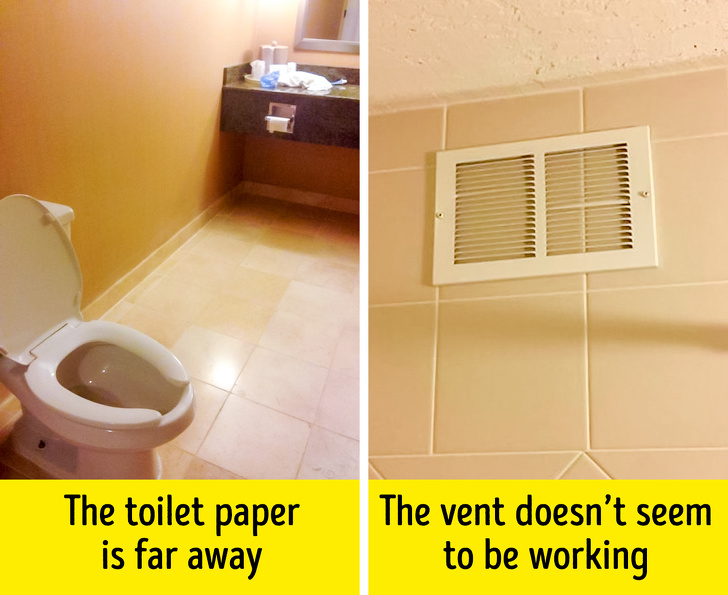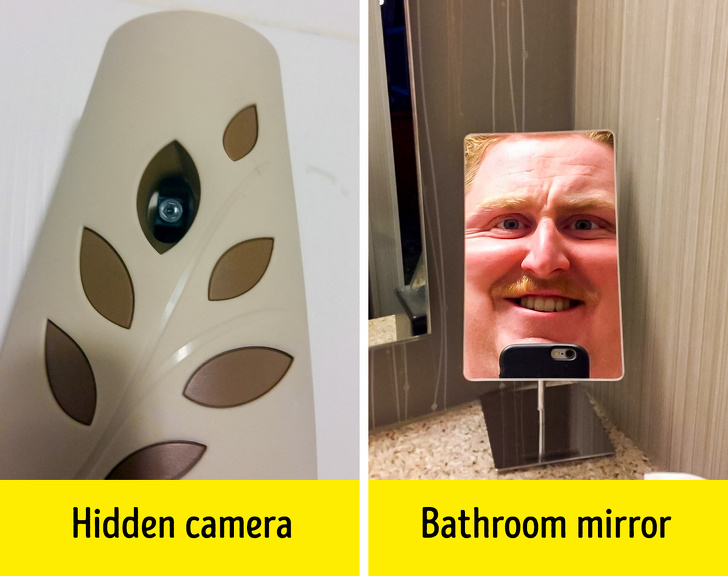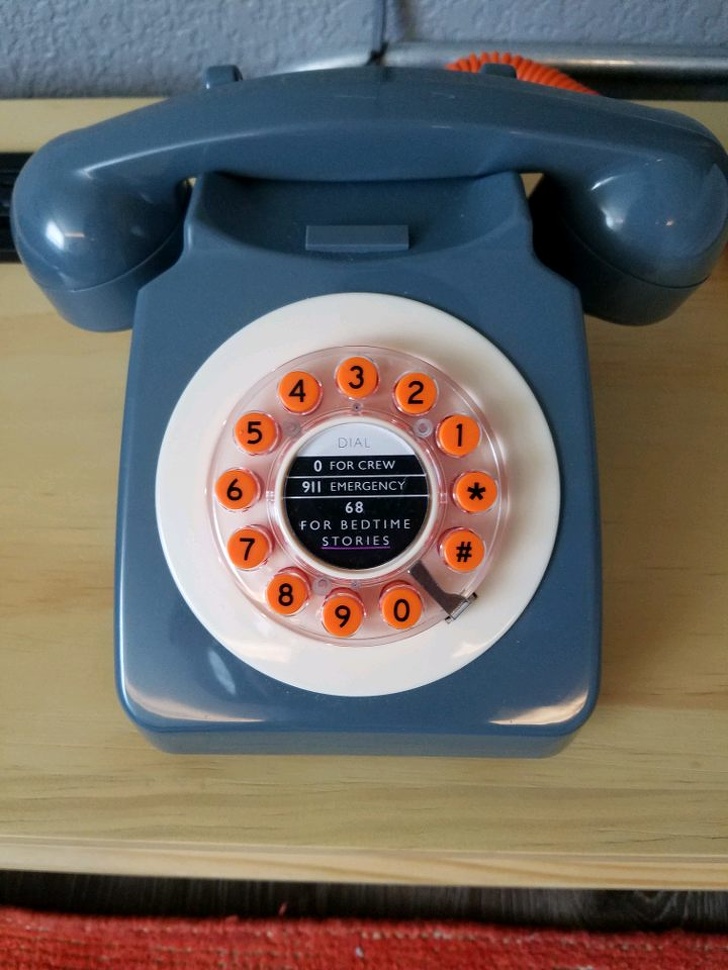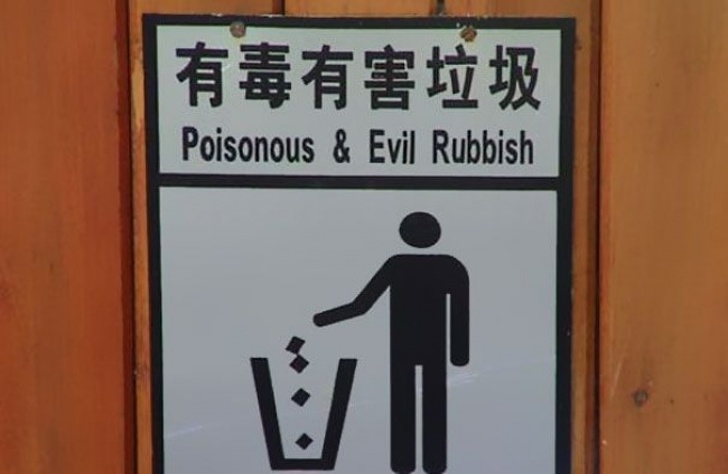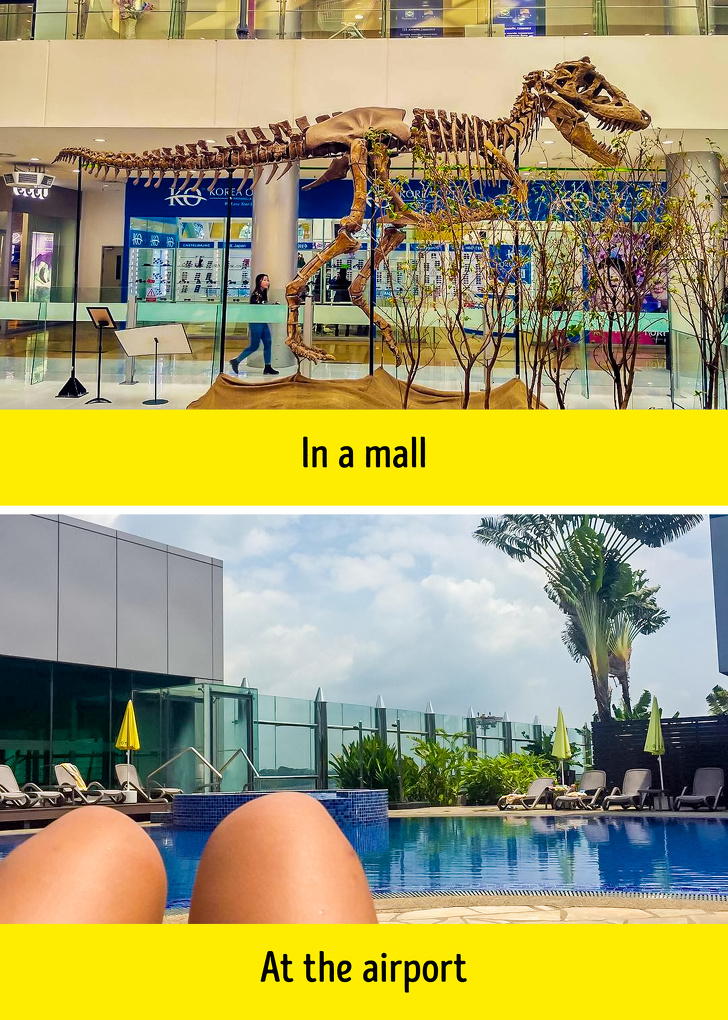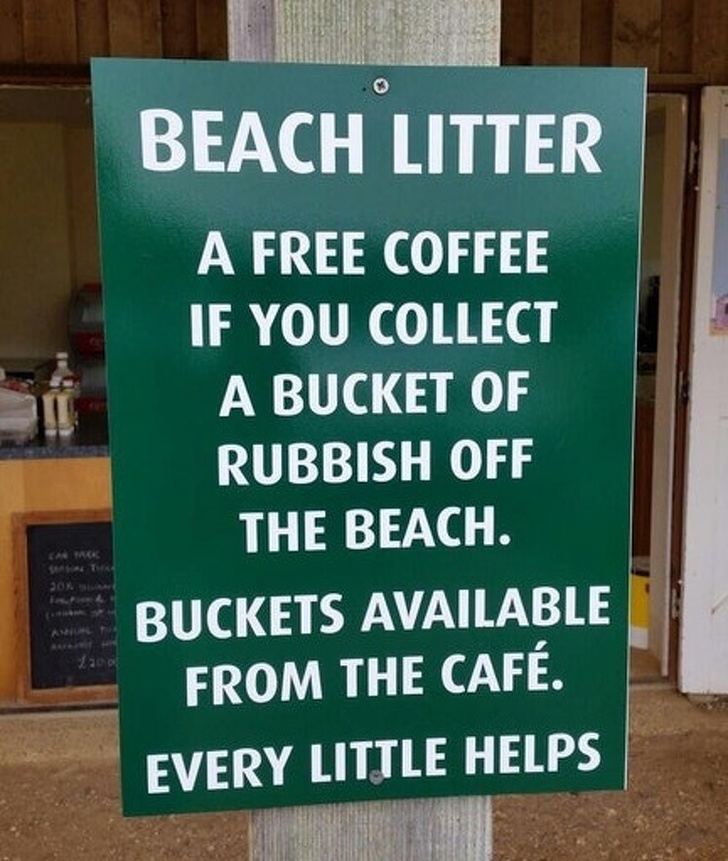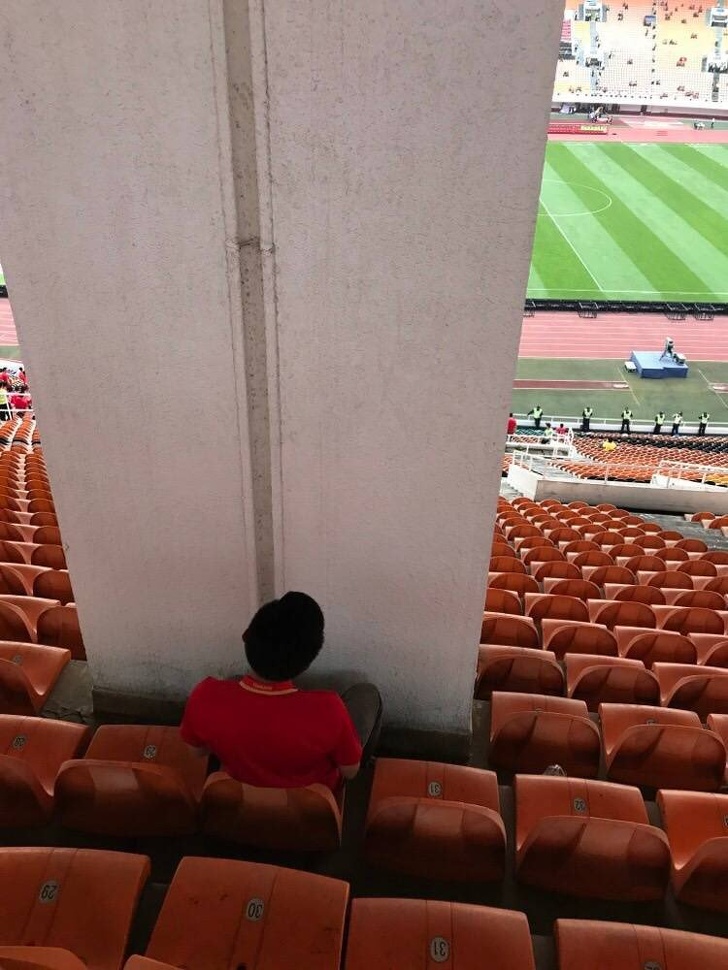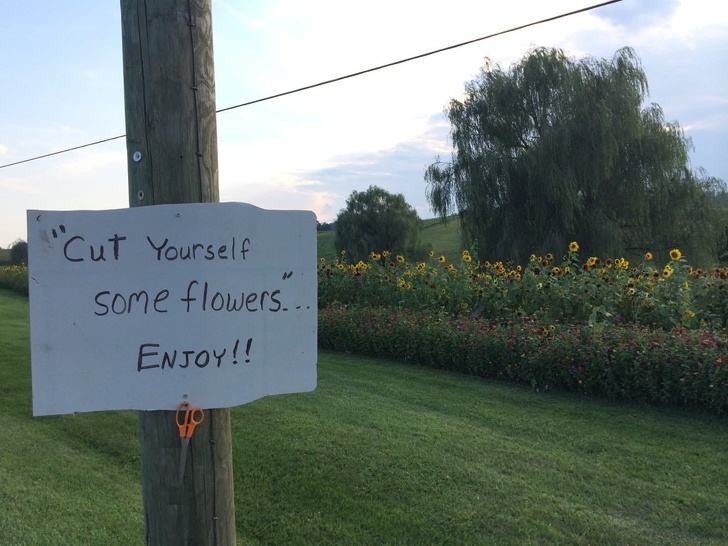Experienced tourists know that it’s really hard to predict everything when it comes to traveling. Some hotels use different tricks to make their apartments look bigger and some puzzle us with their inventions, whether they’re placing hidden cameras, installing transparent bathrooms, and so on. Fortunately, Internet users shared recommendations that can help us stay away from unpleasant situations while being far away from home.
Smalljoys has collected some pieces of advice from people who have traveled a lot and know where you are likely to face various troubles.
11. Google maps will show the real hotel along with its surrounding neighborhood.
Before you book a room in a hotel, open Google maps and find out how the closest streets actually look. Hotels located in remote or unfavorable areas usually offer good and cheap rooms but “forget” to tell you about its surrounding neighborhood.
Try to find the closest shops, pharmacies, and public transport stops to understand how to get downtown or to landmarks.
Tips: Save all important directions and download them to an app to use offline.
10. Find hotel pictures on social media.
Ask hotel receptionists what their Internet access is like. Some hotels guarantee free Wi-Fi when you’re booking a room but it appears that it’s only in the lobby area and you have to pay extra money to use Wi-Fi in your room.
Sometimes hotel promo photos don’t reflect reality. Owners hide drawbacks and take photos that make rooms look bigger. People usually share real pictures on review sites or Instagram (in this case, you can use geotags or the name of a hotel). You can also read about interesting room bonuses like a shower thermometer or a free mobile phone that’s available during your stay.
Read people’s reviews carefully when it comes to swimming pools, gyms, and other amenities included in the price. As a rule, such facilities are provided by hotels’ partners and they don’t bear responsibility for the safety of personal belongings and charge extra fees for things like swimming pools, umbrellas and so on.
There are no set rules when it comes to the number of towels in a hotel room but as a rule, good hotels offer 2 body towels, 1 foot towel, and 1 towel for the hands. Get a personal microfibre towel: it dries faster than a regular towel and folds up really small.
Tips: You can take shampoos, slippers, and even bathrobes with you — these items’ prices are already included in the room fee.
9. Take a closer look at the room.
It’s rather difficult for tall people to find a suitable hotel room in Asia. Ask the hotel about the height of the ceiling before booking. If it’s too difficult for you to go upstairs, ask about the elevator and its size (in case you travel with a baby or a child.) Try to get a hotel room below the 8th floor. Fire truck ladders typically extend just 7 stories.
There are currently 15 types of electrical outlet plugs and not all hotels provide visitors with adapters. In old hotels, there are usually 2 plugs that are already used by a TV and refrigerator. That’s why you’re recommended to discuss this issue with hotel receptionists.
Tips: If there are no plugs, you can charge your phone by connecting it to a TV via USB.
8. Don’t pay extra money for views.
Remember that rooms with additional windows cost more and sometimes owners hide chimneys, closets, and even walls behind such windows. If you pay for views outside your window, you should clarify the details because, for example, you want to enjoy the beach view but you may only have a sea view.
Tips: If your plans change and you need to cancel your hotel reservation against the hotel’s cancellation policy, don’t call and cancel. Instead, call the hotel and move your reservation to the next week. Even if it’s against the cancellation policy, some hotels will allow you to alter a reservation without causing an issue. Then call and cancel your “new” reservation.
7. Take a closer look at bathroom pictures.
Sometimes the bathroom is separated from the bedroom by a glass wall. As a rule, people use these rooms during business trips. The transparent bathroom doesn’t take up much space and uses the lights of the bedroom.
Tips: If the water pressure in the shower is weak, remove the rubber black ring from the showerhead. The pressure will get better. If you’re not sure whether the bath is clean or not, put a towel down before you get into a bath.
If you have to share the bathroom with people from another room, you have to make sure it’s not occupied and that all doors are closed before you take a shower. You’ll also have to worry about your personal belongings.
In some countries, hot water is only available during a certain period of time. Sometimes there are water heating devices that need time to heat up. In this case, you have to use dry shampoo.
Tips: Unpack your clothes and hang them on hangers in the bathroom, turn on hot water and close the door for a couple of minutes: the steam will remove wrinkles.
6. Pay attention to details before checking in.
Check the central heating and air conditioners before unpacking your clothes. Ask hotel receptionists to replace things that don’t work. Thoroughly check the whole room — sometimes hotel administrators install hidden cameras above the bed, by the safe, and in the bathroom. Make sure all plugs work properly.
Ask where the first aid kit is placed. Each hotel should provide medicine in case of emergency. Write down certain drugs’ Latin names in advance: it will help pharmacists find the medications that you need.
Remember a hotel restaurant’s working hours and read its service policies. Some hotels allow you to take sandwiches and coffee to go.
Tips: If you have to follow a diet, you may want to mention it. Sometimes cooks will offer a different menu.
5. Find out what security measures there are to help tourists.

Pay attention to all security measures while reading others’ reviews and check if the hotel was involved in any bad events or incidents. Take photos of your documents such as your passport, credit card, ID, and so on and email it to yourself or your family and friends. Keep original documents and other valuable items in a reception safe if the employees guarantee that your belongings won’t disappear.
Don’t trust door locks at cheap hotels and leave a key in a lock before going to bed.
Keep in mind that it’s dangerous to check into a hotel without a man in some countries. Don’t inform your taxi driver about anything like where you’re from or where you’re staying.
4. Get a pocket phrase book.
If you go to a country where people speak a different language, buy a pocket phrase book or a dictionary: not everyone knows English or any other language that you speak. Learn a few important phrases like greetings, how to ask for directions, how to order food, and so on.
Find the address of your country’s embassy and save its contact details. Write down local phone numbers of all emergency services. In case of an emergency, even using the simplest phrases can save one’s life.
Tips: Take pictures of your hotel address, the street where the hotel is located, and the number of your parking lot just in case. It’s also a good idea to explain directions to your taxi driver.
3. Visit places that locals recommend.
Locals recommend the best places to visit plus there are special websites with tips and reviews you can read. Instagram will help you understand the real way certain attractions look, what’s worth visiting and what’s not.
There’s also a special recommendation function on Facebook. When you come to another city, activate this feature. Specify that you want to go to a restaurant (or any other place), and people will suggest different options depending on your current location.
Some hotels provide their customers with cards that give discounts at cafés, museums, theatres, and so on. Local tourist organizations usually give city maps, brochures, and pamphlets to tourists for free.
2. Save money and don’t deny yourself of having fun.
If you don’t have a lot of money, you can try to get this or that service for free. Some cafés give their customers free muffins or coffee after visitors post a picture with a hashtag on Instagram, or translate a menu from a foreign language. In some cities, there are also free tours available for booking.
Hotels offer additional discounts when you book a room directly without using other sites. Those who travel for business can be offered a discount or a special service within the Global Business Program.
Even if you try to save money, don’t buy tickets on the streets. You’re recommended to get them via your hotel: it’s safer and ultimately cheaper. Look through sites that sell tickets to events all over the world. Registered users receive various discounts and nice bonuses.
In some countries, there are fields with fruit, vegetables, and flowers that you can get for free or after paying a small sum of money. People come, take what they need, and put money in a special box. All donations go to charity.
There are also programs that give you an opportunity to get rest and do something useful with a few hours of your day. You can collect strawberries, take care of animals, or help with summer camps. An organizing company will pay for your stay, food, and give you a paycheck — you’ll only need to pay for your tickets to get there.
1. Don’t get tricked into buying souvenirs.
Buy products and sweets only at street markets where you can taste it before buying. Find out the addresses of shops where you can get national delicacies.
Instead of popular souvenir stalls, visit small shops of local artists that offer authentic and unusual gifts.


